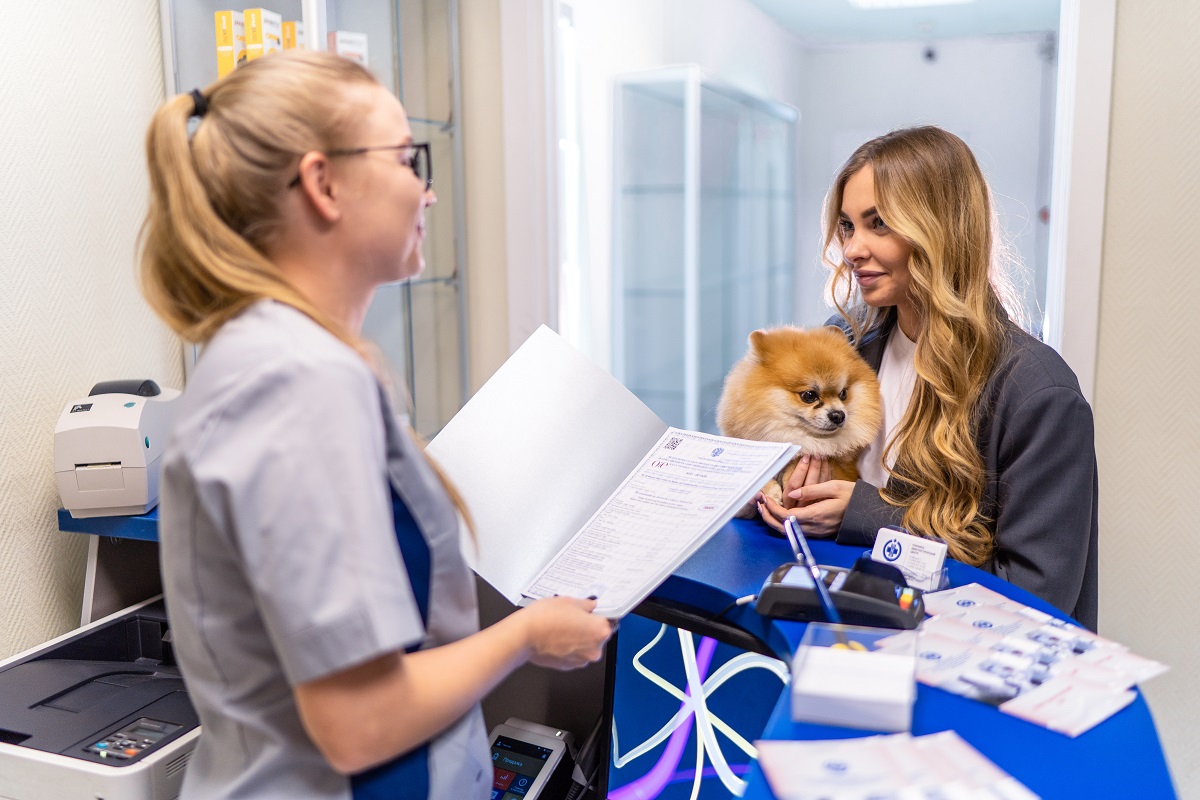48 cases of rabies in animals were reported in Russia in July, based on data from the Syrano system. In June, the number of cases reached 76.
In July, the largest number of infected species were detected among foxes (20 cases).
Besides that, 13 cases were revealed in dogs and 4 in cats.
Some cases were also detected in cattle (5), badgers (3), raccoon dogs (1), weasels (1), and reindeer (1).
“The largest number of cases were detected in the Nizhny Novgorod, Tyumen, Voronezh, and Tambov regions,” the FGBI “ARRIAH” observed.
Information note:
Rabies is an infectious disease caused by the Rabies virus that affects both people and animals. Rabies causes severe damage to the central nervous system. It is characterized by hydrophobia, photophobia, aggressive behavior, salivation, and paralysis.
People can get infected through contact with rabid animals. The virus is spread with saliva through bites, scratches, or licking.
To prevent infection, the bitten area should be washed thoroughly with soapy water, then hydrogen peroxide and iodine should be applied. After that, one should immediately receive a full post-exposure vaccination course for rabies.
Experts warn that rabies is a particularly dangerous viral disease with a 100% mortality rate. Rabies can only be prevented, as there is no effective treatment for an established infection. If the exposed person doesn’t receive a post-exposure vaccination, the disease will cause death.









